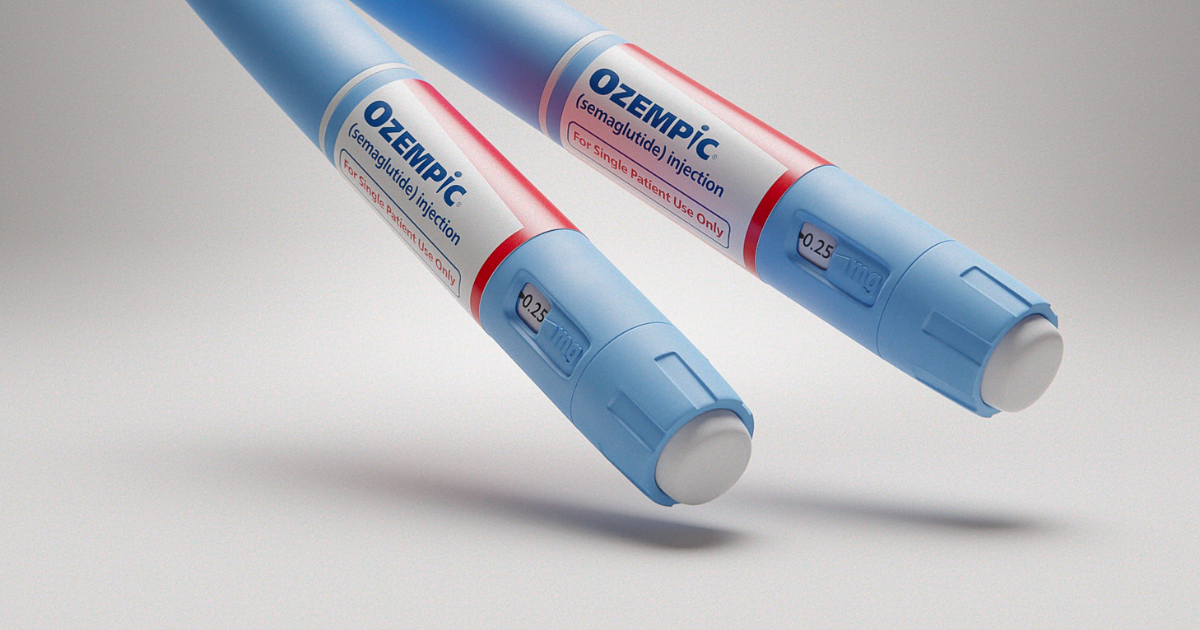The rise of Ozempic, a medication primarily used for weight loss and diabetes management, is subtly reshaping drinking habits. Recent studies and reports indicate that individuals taking Ozempic experience a significant reduction in alcohol cravings. For example, Morgan Stanley’s AlphaWise research unit found that those on the drug consumed 62% less alcohol, with over one in five individuals ceasing alcohol consumption entirely.
Ozempic contains semaglutide, a substance that not only aids in weight management but also appears to dampen cravings for alcohol. Users report a significant reduction in their desire to consume booze, with some experiencing a complete loss of taste for it. They’re flocking to online forums to share their experiences, with alcoholics particularly shocked at the results. Here’s an account from someone who previously drank 10 – 20 alcoholic drinks per day:
I haven’t been able to even get through two drinks. It’s like I WANT to want another drink, but I just… don’t. I’ve never in my life felt like this. The addict in me is almost frustrated, it’s such a strange feeling, but I know it’s just going to take some getting used to and I feel such a sense of relief I wept last night. It’s WAY early in the game but I have literally never felt like this since I started drinking as a teenager.
Even casual drinkers expressed their surprise:
I didn’t TRY to quit but as everyone says, my taste for alcohol is zero. I will occasionally have one drink—wine or a Cosmo—but it’s cut my social/at home drinking down to nothing. I was never a big drinker due to some family history, but I’m very close to a non-drinker at this point.
The mechanism behind this effect lies in the drug’s interaction with brain pathways. Semaglutide regulates blood sugar and creates a feeling of satiety after eating. However, it also affects the brain, particularly the areas responsible for addiction and overeating. By reducing the release of dopamine in response to alcohol consumption, semaglutide diminishes the urge to drink. This effect is significant enough that some clinicians are beginning to prescribe these drugs specifically to help with alcohol reduction, despite the lack of comprehensive clinical trial data. Clinical trials are underway to understand how semaglutide influences drinking and smoking habits.
Implications:
- Increased Market Opportunity: With a growing number of individuals reducing their alcohol intake due to medications like Ozempic, there’s an expanding market for non-alcoholic beverages. Brands can capitalize on this by introducing or highlighting alternatives that cater to this emerging demographic.
- Health and Wellness Alignment: The trend aligns with the broader health and wellness movement. Non-alc brands can position their products as part of a healthier lifestyle choice, appealing to increasingly health-conscious consumers.
- Innovation in Flavor Profiles: With the diminished appeal of alcohol, consumers might seek beverages that don’t mimic the alcoholic flavors they used to enjoy. This opens avenues for innovation in flavor profiles, catering to a palate that no longer finds satisfaction in traditional alcoholic tastes.
Get the latest trends in your inbox. Subscribe to The Navigator, our weekly newsletter tailored for non-alc brand founders and operators.






